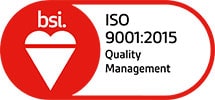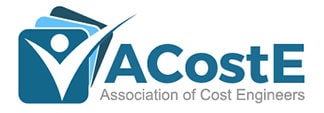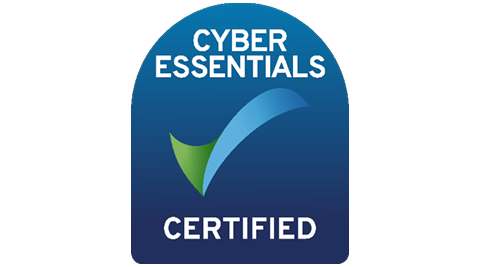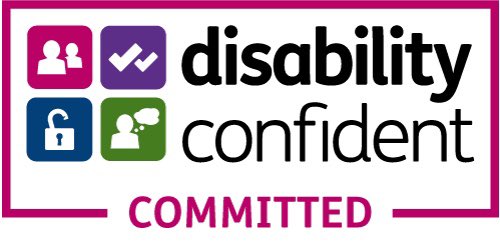Purpose
This policy sets the required retention periods for specified categories of personal data and sets out the minimum standards to be applied when destroying certain information within Scantec.
Scope
This Policy applies to all Scantec departments, processes and systems in which the Scantec processes and stores personal data.
Responsibilities
This Policy applies to all Scantec directors, employees, contractors, consultants, or service providers that may collect, process, or have access to data (including personal data and / or sensitive personal data). It is the responsibility of all of the above to familiarise themselves with this Policy and ensure adequate compliance with it.
This policy applies to all information used by the Scantec. Examples of documents include:
- Emails
- Hard copy documents
- Soft copy documents
- Video and audio
- Data generated by physical access control systems
Method of Storage
Data will be stored securely by one of the following methods:
- Electronic secure drive
- Hard copy
- HR System (Employee records)
- CRM (Candidate records)
- Onboarding Platform (Employee & Candidate)
- External Health & Safety Consultancy (Employee Records and Health & Safety and HR Training)
Method of Disposal
Data will be disposed of securely by one of the following methods:
- Manual deletion
- Electronic deletion
- Confidential waste bins
- Secure waste
Information Held By Us
We hold personal information about:
- Clients – former, current and prospective
- Work-seekers
- Employees
- Suppliers
We also hold information about financial transactions relating to:
- Employees
- Work-seekers/ Temporary workers
- Suppliers
How Long Is Personal Data Held For?
We aim not to hold personal data longer than necessary. Unless requested by an individual, the following types of data will be held for the periods shown below, after which it will be securely deleted or destroyed:
Personnel Records
|
Document type |
How long to keep for (and source of requirement) |
Responsibility |
|
|
Work-seeker records including application form/CV, ID checks, terms of engagement (see also below), details of assignments, opt-out notices and interview notes |
1 year from the last date of supply or introduction to any client (Conduct of Employment Agencies and Employment Businesses Regulations 2003 (Conduct Regulations) |
Recruitment Support |
|
|
Client records including client details, terms and conditions of business, assignment/vacancy details |
|||
|
Terms of engagement with temporary worker and terms of business with clients |
6 years in order to deal with any civil action in the form of contractual claim (Limitation Act 1980) (5 years in Scotland) |
Recruitment Support |
|
|
Hirer records including client details, terms of business (see below also), assignment/ vacancy details |
1 year from the last date of supply or introduction to any client (Conduct of Employment Agencies and Employment Businesses Regulations 2003 (Conduct Regulations) |
Recruitment Support |
|
|
Working time records: 48 hour opt out notice Annual leave record |
2 years from the time they were created |
Recruitment Support |
|
|
Annual appraisal/ assessment records. |
5 years (Under the DPA no specific period is detailed so records should only be kept as long as necessary) |
Recruitment Support |
|
|
Staff records including CV, ID, bank details, reference information and other personnel information (e.g. absence & disciplinary records) |
2 years from employee termination date |
Recruitment Support |
|
|
References |
2 years following the introduction to a client OR 2 years after engagement has ended, whichever is the later (Under the DPA records are only to be kept as long as necessary however the Conduct Regulations require references to be kept for 1 year) |
Recruitment Support |
|
|
Terms of Engagement with temporary worker and Terms of Business with clients |
6 years in order to deal with any civil action in the form of contractual claim (Limitation Act 1980). Although this is only 5 years in Scotland we maintain 6 years. |
Recruitment Support |
|
|
Records held relating to right to work in the UK |
2 years after employment or engagement has ended. |
Recruitment Support |
|
|
Criminal records checks/ Disclosure Barring checks |
6 months following the introduction to a client OR 2 years after engagement has ended, whichever is later |
Recruitment Support |
|
|
National Minimum Wage Documentation: |
For HMRC purposes: 7 years after the end of the pay reference period following the one that the records cover (National Minimum Wage Act 1998) (We must keep them for 5 years in Scotland, and 6 years for the rest of the UK, in order to show that we have paid at least national minimum wage rates if a civil claim is brought against us) |
Payroll |
|
|
Sickness records – statutory sick pay |
7 years |
Payroll |
|
|
Statutory maternity, paternity, adoption pay |
7 years from the end of the tax year to which it relates |
Payroll |
|
|
Pensions auto-enrolment (including auto-enrolment date, joining date, opt in and opt out notices, contributions paid) |
Payroll |
||
|
Gender pay gap reporting (if applicable) |
1 year |
Payroll |
|
|
Call recordings |
3 months |
Compliance |
Company Records
|
Document type |
How long to keep for (and source of requirement) |
Responsibility |
|
|
VAT |
7 years |
Finance |
|
|
Company Accounts |
7 years |
Finance |
|
|
Payroll Information |
7 years from the end of the year |
Finance |
|
Further Information
Further information or assistance is available from the Scantec Data Protection Officer:
Email: DPO@scantec.co.uk
Tel: 0151 666 8903
Or from the Information Commissionaire’s Office (ICO): www.ico.gov.uk






